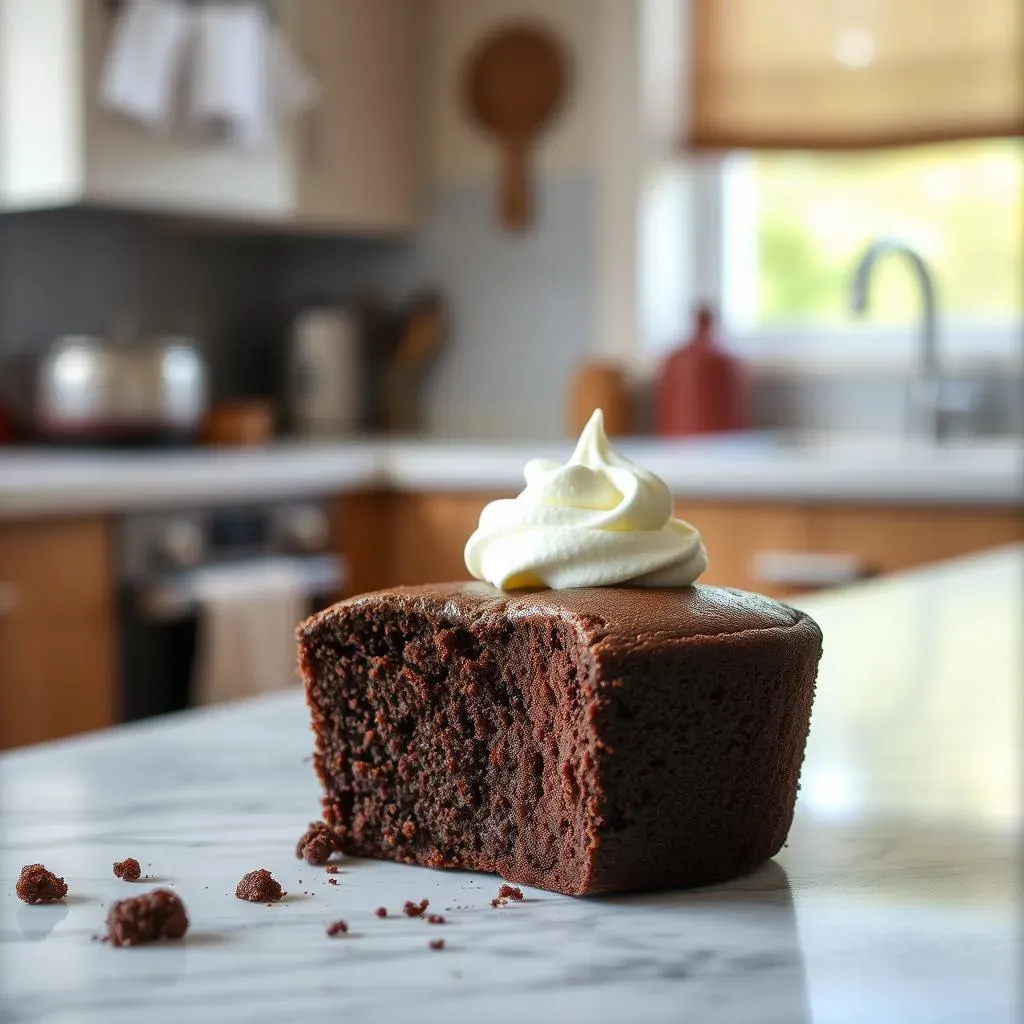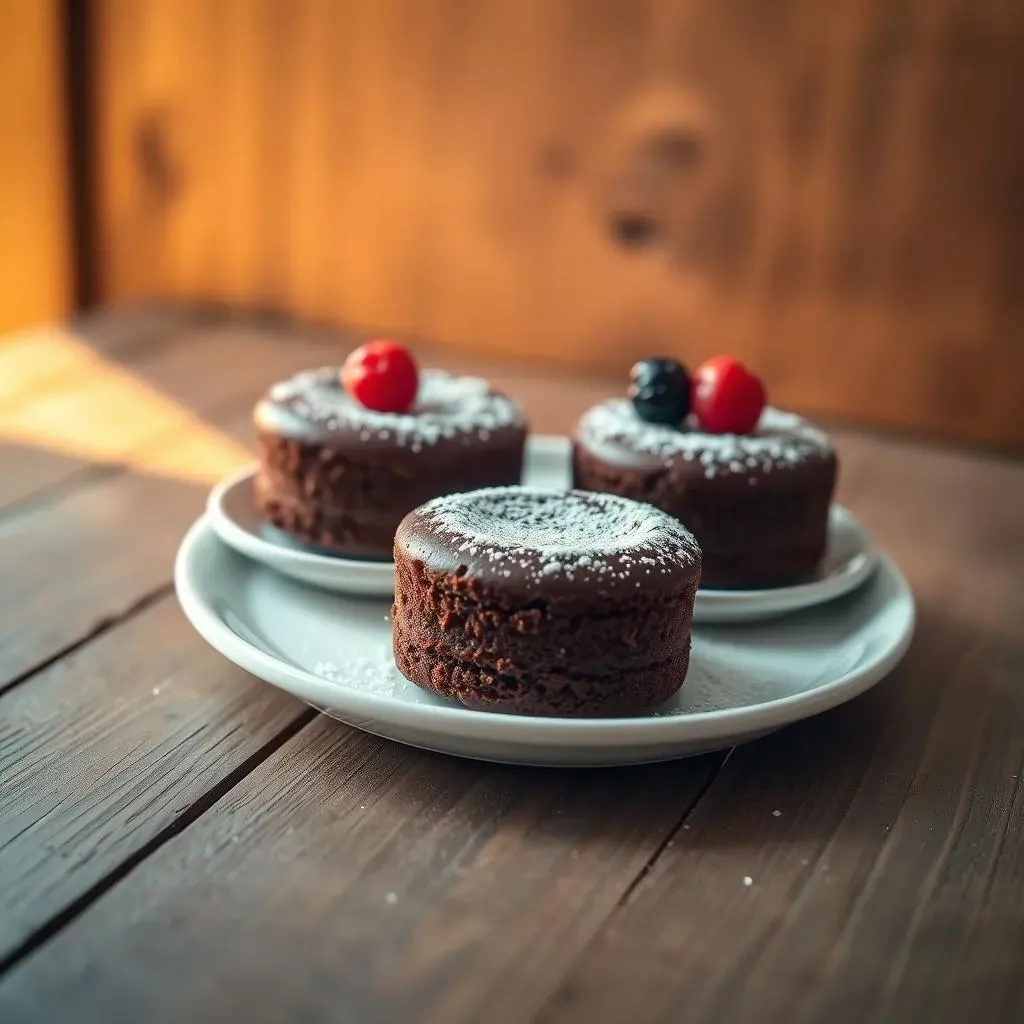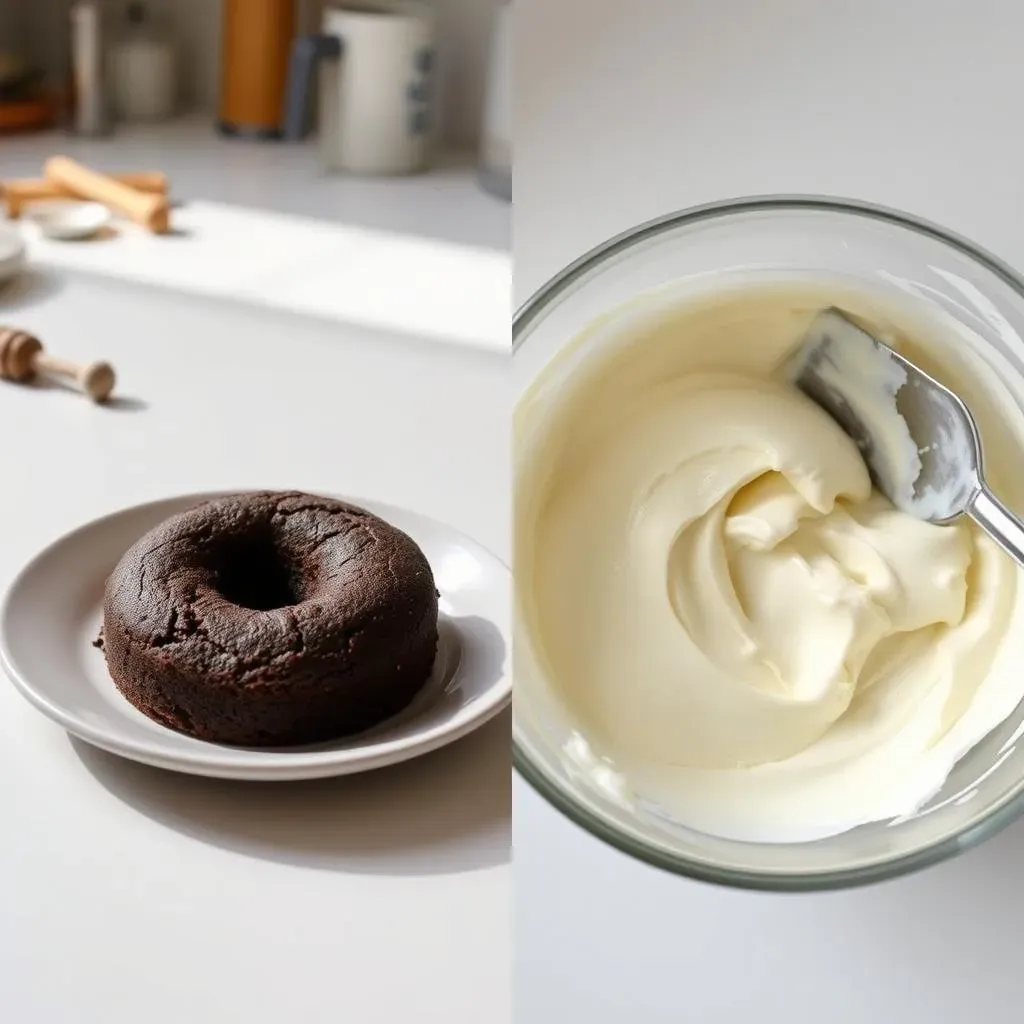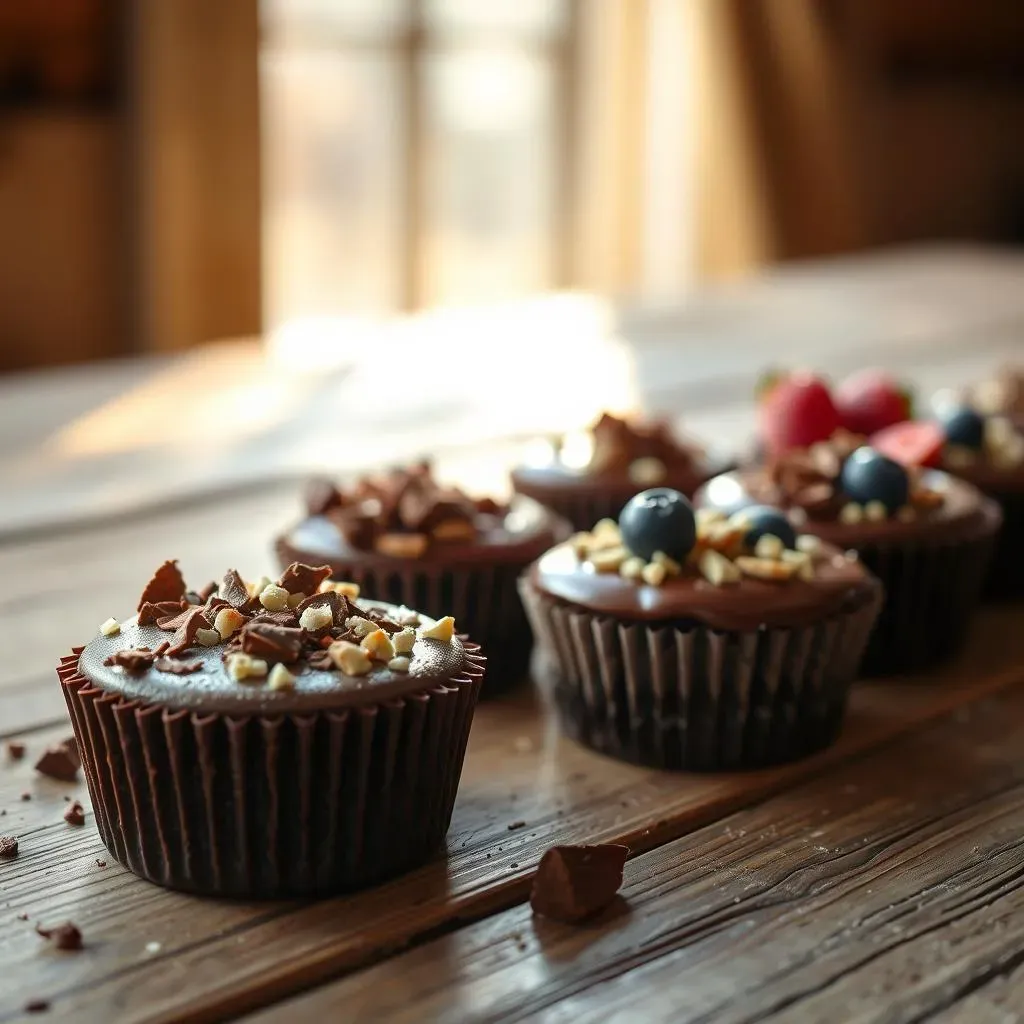Table of Contents
Ever dreamt of a personal-sized chocolate cake, rich, moist, and utterly decadent? Well, dream no more! This isn't about those sad, dry cupcakes pretending to be cake. We're talking about real, honest-to-goodness mini chocolate cakes, the kind that make you want to skip dinner and go straight to dessert. But, let’s be real, baking can be a bit of a mystery, right? That's why we're tackling all your burning questions in this ultimate guide to mini chocolate cakes FAQs. We will walk you through the process, from the crucial steps in making the batter, to the secrets of that luscious chocolate Swiss meringue buttercream. We will cover all the common hurdles and give you the solutions to make your baking journey a smooth one. Plus, we'll share a tried-and-true recipe that will have you baking like a pro in no time. So, grab your apron, and let's get baking!
Baking the Perfect Mini Chocolate Cake: A StepbyStep Guide

Baking the Perfect Mini Chocolate Cake: A StepbyStep Guide
Okay, let's get down to the nitty-gritty of baking these mini marvels. First things first, we're not using any old cocoa powder. Nope, we're going for Dutch-processed cocoa. Why? Because it gives the cake that deep, dark chocolate flavor we all crave. It's also less acidic, which means your cake will be super moist and tender. And speaking of moisture, ditch the butter and grab some neutral oil – think vegetable or canola. It’s the secret weapon to achieving that perfect crumb. Now, when you mix your batter, don't overdo it. A few stirs until everything is just combined is all you need. Overmixing will develop the gluten and make your cake tough, and nobody wants a tough cake. Also, pay attention to the oven temperature. We're baking at a lower temperature than usual (325°F/160°C) to ensure the cake bakes evenly and doesn't get a dreaded dome in the middle. Trust me, these small details make a huge difference.
Mini Chocolate Cakes: Frequently Asked Questions

Mini Chocolate Cakes: Frequently Asked Questions
Alright, let's get to the questions I know are buzzing around your head about these little cakes. First up, "What size pan do I need?" Well, the recipe is written for an eighth sheet pan, which is roughly 9x6 inches (23x15cm). If you don't have one of those hanging around, no sweat, a 9x5 inch loaf pan will work just fine. Just keep an eye on the baking time, it might need a few extra minutes. Another question I always get is: "Can I double the recipe?" Sure, you can if you are feeding a crowd, but it's best to bake them in separate pans. If you want to make a bigger cake you can also use 6 inch pans, but you need at least two of them. Now, "How long do they last?" These little cakes are best enjoyed within a couple of days, but if you store them in an airtight container, they'll be good for about 3-4 days. If you want to keep them longer, you can wrap them individually and freeze them for up to a month. Just make sure to defrost them properly before eating.
Question | Answer |
|---|---|
What pan size should I use? | Eighth sheet pan (9x6 inches) or 9x5 inch loaf pan |
Can I double the recipe? | Yes, but bake in separate pans |
How long do they last? | 3-4 days at room temperature, up to a month in the freezer |
Troubleshooting Your Mini Chocolate Cake and Recipe

Troubleshooting Your Mini Chocolate Cake and Recipe
My Cake Sank in the Middle!
Okay, so your cake decided to take a nosedive in the center? Don't worry, it happens. This often means the oven temperature was too high, or that there's too much leavening agent. Remember, we talked about baking at a lower temperature (325°F/160°C)? That's key! Also, double-check your baking powder or soda measurements. Too much, and your cake will rise too quickly and then collapse. Another culprit could be opening the oven door too frequently during baking. I know it's tempting to peek, but resist! Each time you open the oven, you're letting out heat and causing temperature fluctuations that can lead to a sunken cake. Patience is a virtue, especially when it comes to baking.
And if you are using a convection oven, you might need to reduce the temperature by 25 degrees Fahrenheit. And you should try to bake in the middle rack to avoid burning the top.
My Buttercream is a Mess!
Ah, buttercream, sometimes it’s a dream, and sometimes it's a disaster. If your Swiss meringue buttercream is looking curdled or soupy, it’s likely a temperature issue. The butter might be too cold or too warm when you added it to the meringue. The butter should be softened but still cool to the touch. If it gets too warm, the emulsion can break. If it looks curdled, keep mixing! Sometimes, it just needs a little extra time to come together. If it’s too loose, pop the bowl in the fridge for 10 minutes, then try mixing again. Also, make sure your meringue is completely cooled before adding the butter. If it is still warm, it can melt the butter and cause it to separate. And always remember to use a hand mixer when making small batch of buttercream, it works better than a stand mixer for this amount.
If the buttercream is too sweet, you can add a pinch of salt or a bit of lemon juice to balance it out.
Problem | Possible Cause | Solution |
|---|---|---|
Cake sank in the middle | Oven too hot, too much leavening, opening oven door too often | Lower oven temp, double-check measurements, don't peek |
Buttercream curdled or soupy | Butter too warm or cold, meringue not cooled | Use softened but cool butter, cool meringue, keep mixing |
Buttercream too sweet | Too much sugar | Add a pinch of salt or a bit of lemon juice |
